Finding the right healthcare for a loved one with autism can be challenging, especially when it comes to specialized care.
Boston, a city renowned for its medical prowess, offers some of the best hospitals equipped to provide top-notch autism care.
Whether it’s early diagnosis, therapeutic interventions, or ongoing support, these institutions stand out for their comprehensive and compassionate services.
In this article, we’ll explore the seven best autism hospitals near Boston, each known for their exceptional care and innovative treatments.
These hospitals not only focus on the medical needs but also provide holistic support to help individuals with autism thrive in their communities.
Top 7 Best Autism Hospitals Near Boston
Finding the best hospitals for autism treatment and support can be crucial for families seeking specialized care.
Here are seven notable hospitals near Boston known for their expertise in autism care:
1. Federation for Children with Special Needs
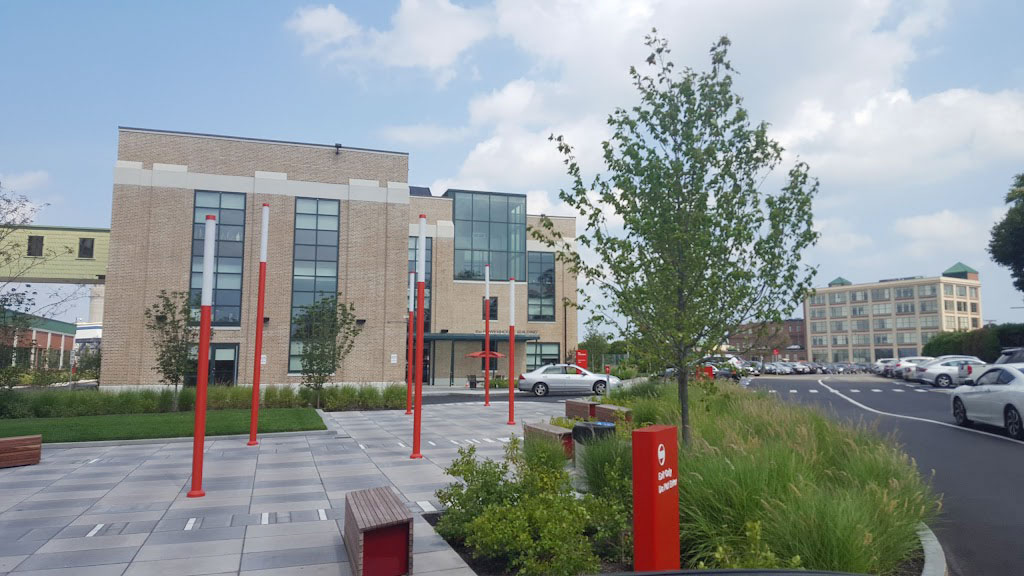
Federation for Children with Special Needs, located at 529 Main St #1m3, Boston, MA 02129, is renowned for its comprehensive special education services.
This organization offers exceptional support tailored to children with autism and their families. They provide crucial services like advocacy, educational workshops, and resource directories to ensure that families are well-equipped to manage the unique challenges of autism.
Offering a strong focus on individualized education plans (IEPs), the Federation ensures that each child’s learning needs are met. Their expert staff helps families navigate the complexities of special education laws and services.
With a customer rating of 4.6 out of 5 from 11 reviews, the Federation for Children with Special Needs is a top-rated choice among parents seeking specialized care. For more information, visit their website at fcsn.org or call (617) 236-7210.
2. MGH Aspire

MGH Aspire, located at 1 Maguire Road in Lexington, MA, is part of the Lurie Center for Autism. This mental health service focuses on providing specialized programs for children, teens, and adults with autism.
They offer services such as social skills therapy, group therapy, and parent coaching. These programs are designed to enhance the social, adaptive, and functional skills of individuals with autism.
Rated 4.5 out of 5 from 10 reviews, MGH Aspire is highly regarded for its personal care and dedication to improving the quality of life for its clients.
They are open from 9 AM, ensuring accessible support. For more information or to schedule a consultation, visit their website at mghaspire.org or call them at (781) 860-1900.
3. Journey Autism & Behavioral Care Centers
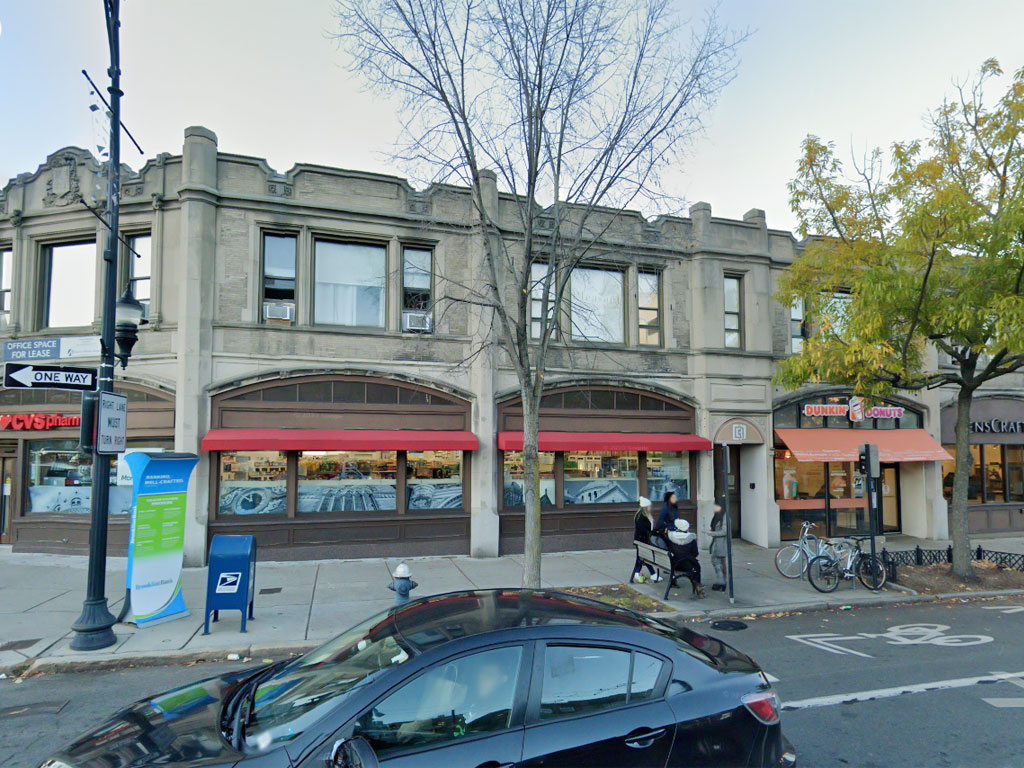
Journey Autism & Behavioral Care Centers, located at 1318 Beacon St #18, Brookline, MA 02446, is a top-rated mental health service with a perfect 5.0 rating from 1 review.
They specialize in comprehensive autism care, offering early diagnosis, therapeutic interventions, and ongoing support for individuals with autism.
Open from 9 AM, their holistic approach integrates personalized care plans to meet each individual’s needs. For more details, visit their website at journeyautismcenters.com or call them at (844) 222-4513.
Autism Health and Wellness Center, situated at 50 Staniford St, Boston, MA 02114, is another leading option. Renowned for its multidisciplinary team, they focus on tailored treatment plans and family support to ensure holistic development.
With years of dedicated service and robust community engagement, they offer services including behavioral therapy, occupational therapy, and social skills training. Visit autismhealthwellness.com for more info or contact (617) 209-7000.
4. Center for Autism Research Excellence at Boston University
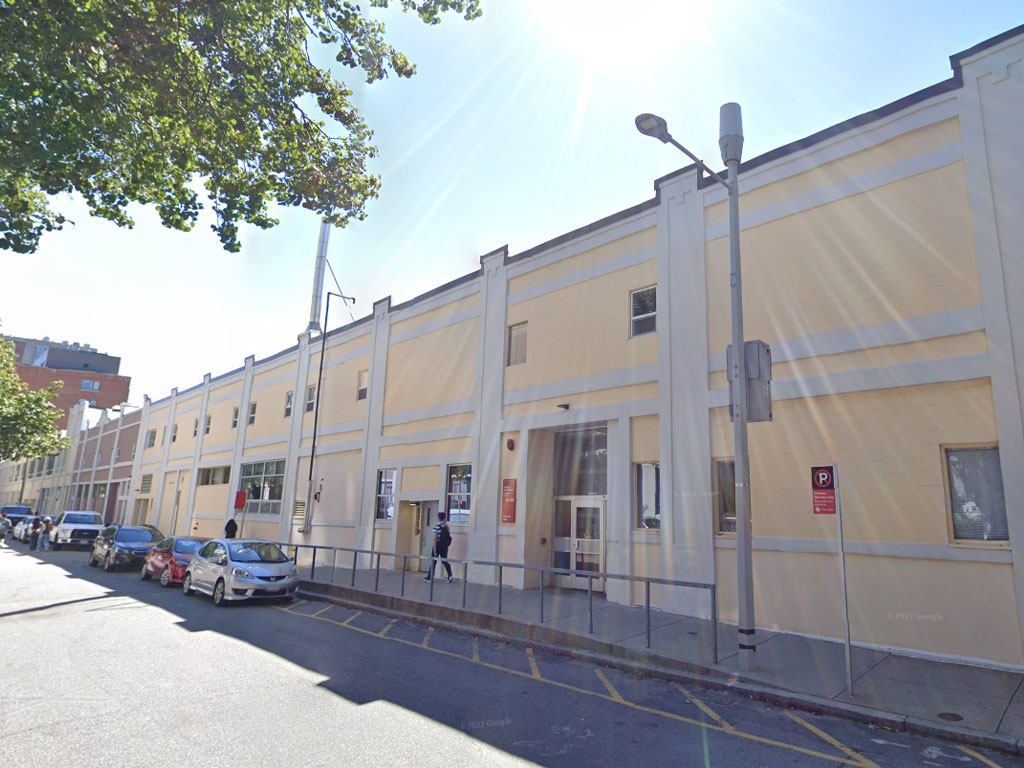
Located at 100 Cummington Mall, Boston, MA, the Center for Autism Research Excellence (CARE) at Boston University boasts a perfect 5.0 rating from one review.
This academic department focuses on groundbreaking research and specialized interventions for autism. CARE is dedicated to advancing the understanding of autism through innovative studies and evidence-based practices.
The center is renowned for its collaborative approach, working closely with families and educators to develop personalized care plans.
For directions, information, and services, visitors can use the code 8VXW+H2 in Boston maps. More details about their offerings can be found on their website or by visiting the location directly.
5. Down Syndrome Program
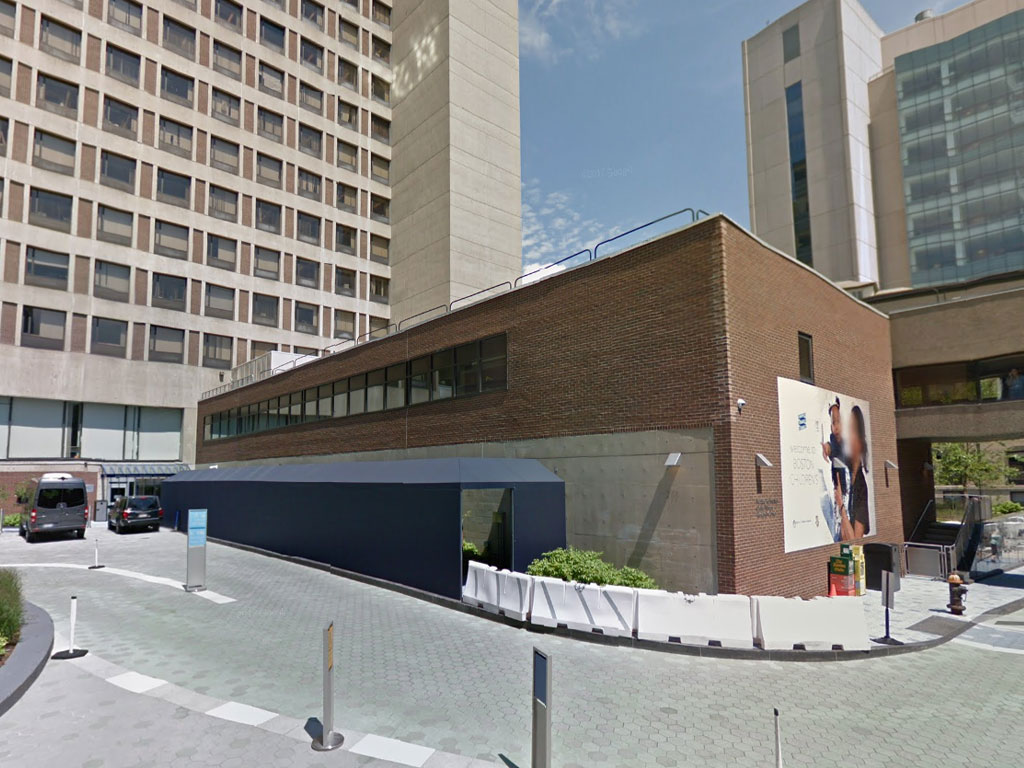
Located at Boston Children’s Hospital, the Down Syndrome Program offers essential services for individuals with autism and Down syndrome.
Situated at 300 Longwood Ave, Boston, MA 02115, this program focuses on comprehensive diagnostics, therapeutic interventions, and holistic support.
Boasting a perfect 5.0 rating from one review, the program provides individualized care plans tailored to meet each patient’s unique needs.
The facility is on Floor 1, and additional information is available on their website at childrenshospital.org. Operating hours and other inquiries can be addressed by calling (857) 218-4329.
6. Autism Spectrum Center
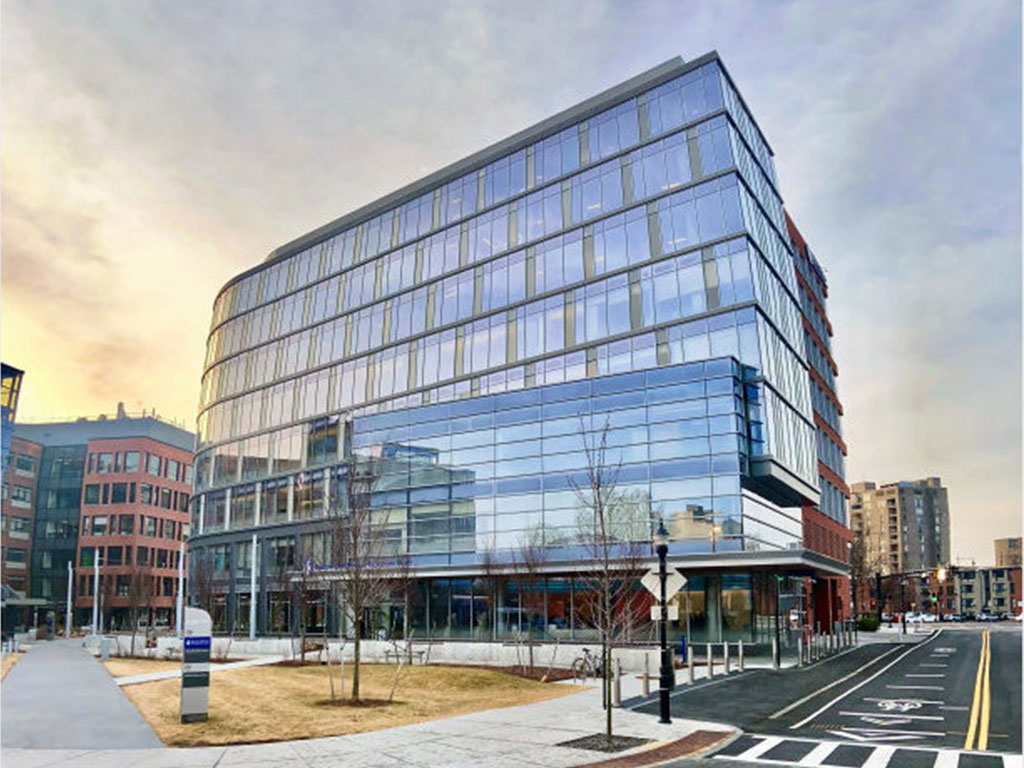
The Autism Spectrum Center, located at Boston Children’s Hospital, offers exceptional care for children with autism.
It’s known for its comprehensive diagnostic evaluations, therapeutic interventions, and ongoing support services.
This center ensures each child receives a personalized care plan tailored to their specific needs. The facility is well-regarded, boasting a perfect 5.0 rating.
Located at 300 Longwood Ave, Boston, MA 02115, the center opens at 8:30 AM. For more details, visitors can check their website at childrenshospital.org or call (617) 355-7493. The Autism Spectrum Center is a top choice for families seeking specialized autism care in Boston.
7. McLean Hospital: Pathways Academy
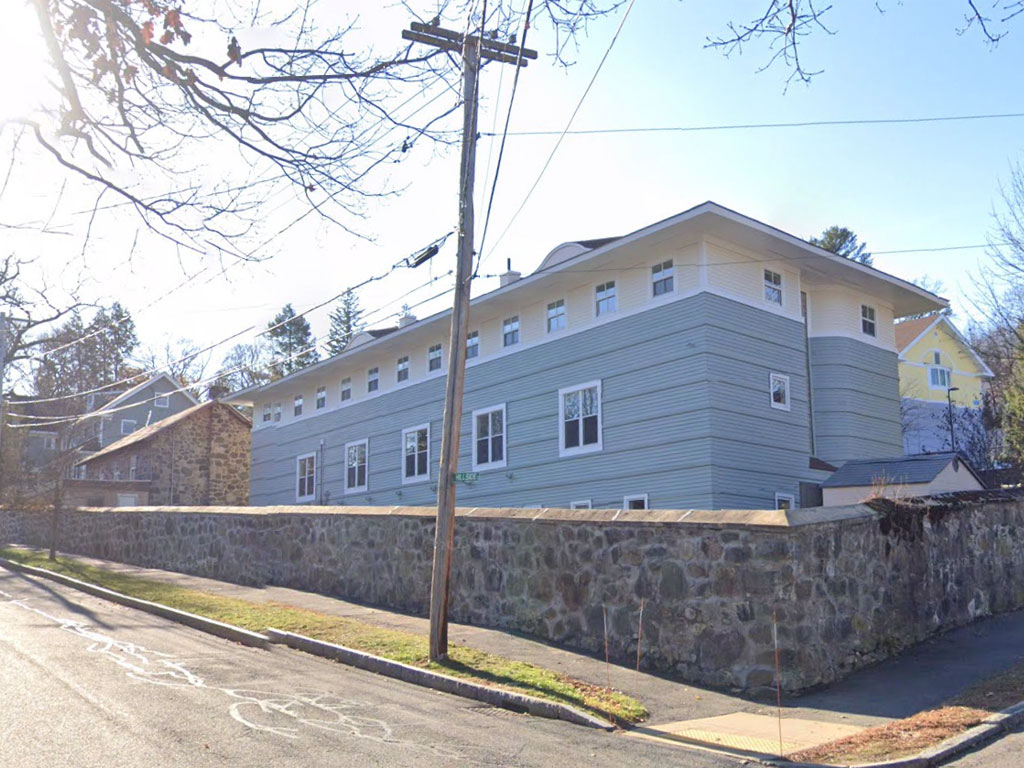
Located at 11 Hillside Ave, Arlington, MA, McLean Hospital’s Pathways Academy specializes in autism education.
As a private educational institution, it focuses on individualized learning plans designed for students with autism and other developmental disorders.
Pathways Academy leverages evidence-based practices to foster each student’s academic, social, and emotional growth. With a commendable rating of 3.8 from four reviews, it’s recognized for its dedicated approach.
McLean Hospital, renowned for its psychiatric care, extends this expertise to Pathways Academy. The institutional support ensures high-quality, therapeutic interventions integrated into the educational framework.
More information is available on their website at mcleanhospital.org or by calling (617) 855-2847. The location is easy to find using code CRC7+XX in Arlington maps.
Services You Will Get From the Autism Hospitals Near Boston
Autism hospitals near Boston offer a variety of specialized services designed to support individuals with Autism Spectrum Disorder (ASD) and their families.
Here’s a detailed overview of the types of services you can expect from these institutions:
Diagnostic Evaluations
Hospitals provide comprehensive evaluations to diagnose autism. This involves a detailed assessment of developmental history, behavioral observations, and standardized testing.
Multidisciplinary teams, including pediatricians, psychologists, and speech-language pathologists, often conduct these assessments to ensure a thorough and accurate diagnosis.
Behavioral Therapy
Behavioral therapy services are a key component of autism care. Applied Behavior Analysis (ABA) is commonly offered, focusing on improving specific behaviors and skills through structured interventions.
Cognitive-Behavioral Therapy (CBT) is also available to address emotional challenges such as anxiety and depression, which are often associated with autism.
Developmental Support
Developmental support services include early intervention programs for young children to address developmental delays and promote social, emotional, and cognitive growth.
Social skills training is another important service, aimed at helping individuals develop effective social interactions and communication skills.
Speech and Language Therapy
Speech and language therapy services focus on enhancing verbal and non-verbal communication skills.
This includes language development and the use of augmentative and alternative communication (AAC) devices.
Speech therapy addresses issues related to speech clarity and fluency, helping individuals improve their ability to communicate effectively.
Occupational Therapy
Occupational therapy supports the development of daily living skills such as dressing, grooming, and self-care.
Sensory integration techniques are also utilized to help manage sensory processing issues, which might involve sensitivity to light, sound, and texture.
Educational Support
Educational support includes the development of Individualized Education Plans (IEPs) that cater to the specific educational needs of children with autism.
Some hospitals offer specialized in-house educational programs or collaborate with local schools to provide tailored educational support.
Family Support and Counseling
Family support services include counseling for families to address the emotional impact of autism and improve family dynamics.
Parent training workshops and sessions are also provided to equip parents with strategies and tools to support their child’s development effectively.
Medication Management
Medication management involves the use of pharmacological interventions for managing symptoms such as anxiety, ADHD, or severe behavioral issues. Hospitals may prescribe medications as part of a comprehensive treatment plan for autism.
Research and Clinical Trials
Hospitals may offer opportunities to participate in research studies and clinical trials exploring new treatments and interventions for autism.
These programs aim to advance the understanding and management of autism through cutting-edge research.
Transition Services
Transition services support individuals as they move from adolescence to adulthood. These services may include vocational training, support for developing independent living skills, and other resources to assist in the transition to adulthood.
Support Groups and Resources
Support groups and resource centers provide valuable community connections and access to additional services.
Families and individuals can benefit from peer support, shared experiences, and referrals to financial assistance, legal support, and advocacy groups.
Frequently Asked Questions
Why is Boston considered good for autism care?
Boston is home to several leading hospitals and specialized centers that offer comprehensive autism care, including early diagnosis, therapeutic interventions, ongoing support, and innovative treatments. The city’s commitment to holistic and personalized care makes it a prime location for autism services.
What services are provided by the Down Syndrome Program at Boston Children’s Hospital?
The Down Syndrome Program at Boston Children’s Hospital offers comprehensive diagnostics, therapeutic interventions, and holistic support for individuals with autism and Down syndrome.
What does the Autism Spectrum Center at Boston Children’s Hospital offer?
The Autism Spectrum Center provides comprehensive diagnostic evaluations, therapeutic interventions, and ongoing support services.
What kind of program does McLean Hospital’s Pathways Academy offer?
McLean Hospital’s Pathways Academy specializes in autism education, offering individualized learning plans for students with autism and other developmental disorders.
Conclusion
Finding the right healthcare for a loved one with autism is crucial for ensuring they receive the specialized care they need.
Boston stands out for its exceptional autism care facilities, offering a range of services from early diagnosis and behavioral therapy to developmental support and family counseling.
The hospitals and centers featured such as Boston Children’s Hospital, MGH Aspire, and McLean Hospital’s Pathways Academy are renowned for their comprehensive and compassionate approaches to autism care.
These institutions not only address medical needs but also provide holistic support, including educational assistance, social skills training, and family support.
Their commitment to innovative treatments and personalized care makes them valuable resources for families seeking the best possible outcomes for their loved ones with autism.
Choosing the right facility can make a significant difference in enhancing quality of life and supporting individuals with autism in reaching their full potential.
Laura Fletcher